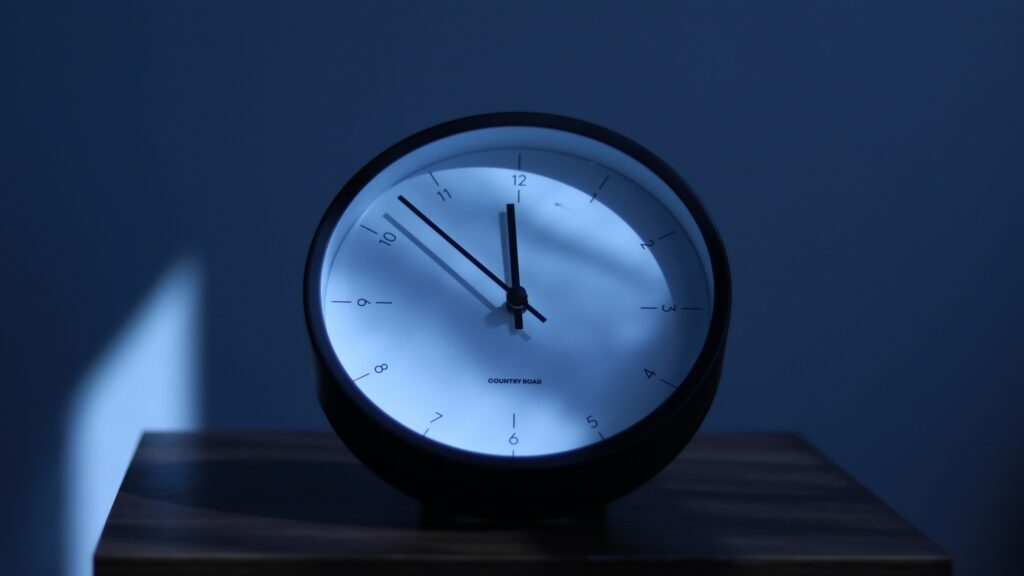Waking before 5 AM is often framed as a badge of discipline and boasted about by CEOs in self-help podcasts, but it may be more disruptive than productive.
Human circadian rhythms are biologically programmed for a natural wake time closer to sunrise.
Regularly rising in the pre-dawn hours can misalign your internal clock, especially if you’re not consistently sleeping early enough to compensate.
What’s more, circadian misalignment has been linked to increased risk of metabolic dysfunction, mood disorders, and cardiovascular problems.
Chronically short sleep is another risk: six hours or less per night impairs cognitive performance and insulin sensitivity (PMID: 24011890).
Involuntary wake-ups
Involuntary early waking at 4:30 AM without an alarm could also be a red flag. It can be triggered by cortisol spikes or even nocturnal blood sugar instability.
Ensure you refrain from eating three hours before bed to reduce the likelihood of waking because of metabolic activity. (PMID: 34511160)
Read more about the Dawn Phenomenon or the Somogyi Effect here.
Conclusion
Rather than forcing an early wake-up in the name of productivity, focus on supporting your circadian rhythm: use blackout curtains, maintain a consistent sleep schedule, and stop eating three hours before bed to support melatonin production.








